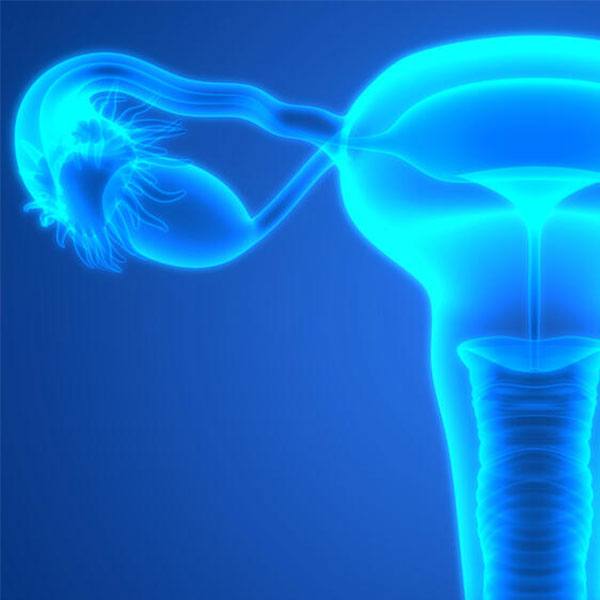-
Mayo-led Study: Drug Fails to Reduce Diarrhea in Patients Receiving Radiation Therapy
ROCHESTER, Minn. — Sulfasalazine, a drug commonly prescribed to reduce diarrhea in patients with inflammatory bowel disease, does not reduce diarrhea in patients receiving radiation therapy for cancers in the pelvic area a Mayo Clinic-led study has found. The study also found that the medication may be associated with a higher risk of diarrhea than a placebo when used during radiation therapy to the pelvis. The results were presented today at theAmerican Society of Radiation Oncology's (ASTRO's) 55th Annual Meeting in Atlanta.
MULTIMEDIA ALERT: Video of Dr. Miller is available on theMayo Clinic News Network.
"Patients receiving radiation therapy in the pelvic region can experience diarrhea which is a negative side effect of the therapy," says the study's lead author Robert Miller, M.D., a radiation oncologist at Mayo Clinic. Dr. Miller says that in previous trials sulfasalazine, which treats bowel inflammation, had been shown to decrease diarrhea in patients during pelvic radiation therapy.
Dr. Miller led a two-year, randomized, double-blind, placebo-controlled phase III clinical trial through the Alliance for Clinical Trials in Oncology to evaluate the effectiveness of sulfasalazine versus placebo in inflammation of the bowel during pelvic radiation therapy. The trial included 87 patients, with 78 patients evaluated for the primary endpoint, which was maximal severity of diarrhea up to six weeks after therapy, based on commonly accepted criteria. Patients enrolled in the study came from 24 institutions in the United States.
Patients received 1,000 milligrams of sulfasalazine or placebo orally, twice each day during radiation therapy and for four weeks after therapy. Patients completed bowel function questionnaires weekly during therapy, afterward for six weeks and at 12 and 24 months after therapy. Health care providers graded each patient on the maximum severity and the duration of maximum severity of diarrhea, rectal bleeding, abdominal cramping, constipation and tenesmus, the sensation of incomplete defecation.
Interim results from the study found a statistically significant excess of grade 3 diarrhea — passing seven or more stools per day, in patients receiving sulfasalazine versus placebo. The study was halted in May 2013 when researchers determined that it was unlikely sulfasalazine would show benefit.
"While previous research had suggested benefit for sulfasalazine, we were very surprised to find that patients receiving sulfasalazine experienced worse diarrhea than those receiving placebo," Dr. Miller says. "We now know that sulfasalazine will not help patients receiving radiation therapy in the pelvic region avoid diarrhea as a side effect of the therapy." Dr. Miller says the study illustrates the need for large, phase III, randomized controlled trials to better understand which drugs and therapies can help mitigate the negative side effects for patients receiving radiation therapy.
Co-authors include Jeff Sloan, Ph. D., Heshan Liu, M.S., James Martenson, M.D., Matthew Iott, C.N.P., and Charles Loprinzi, M.D., all of Mayo Clinic.
About Mayo Clinic Cancer Center
As a leading institution funded by the National Cancer Institute,Mayo Clinic Cancer Center conducts basic, clinical and population science research, translating discoveries into improved methods for prevention, diagnosis, prognosis and therapy. For information on cancer clinical trials, call 507-538-7623.
###
About Mayo Clinic
Mayo Clinic is a nonprofit worldwide leader in medical care, research and education for people from all walks of life. For more information, visit MayoClinic.com or MayoClinic.org/news.
Journalists can become a member of the Mayo Clinic News Network for the latest health, science and research news and access to video, audio, text and graphic elements that can be downloaded or embedded.







